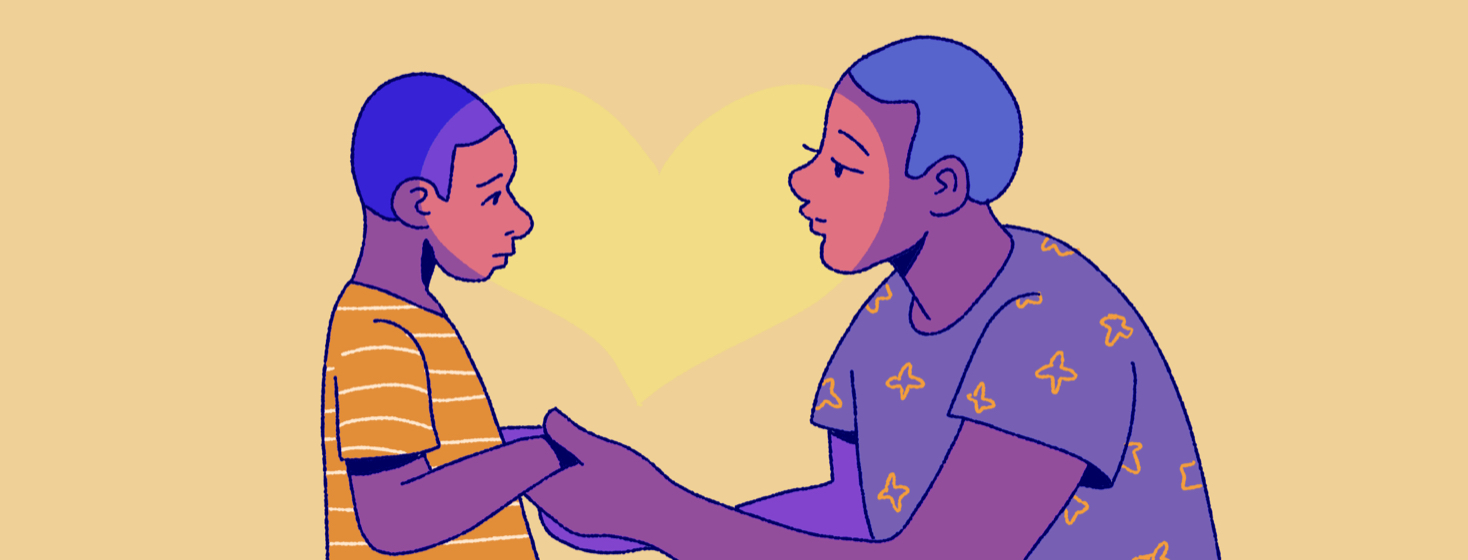5 Tips for Parents Dealing With Children With Narcolepsy
Every day I wake up in the middle of the night thanks to good old narcolepsy. Usually, I flip over to take my medicine to go right back to sleep, but I grabbed my phone instead.
"You are my favorite daughter, and I love you, mom."
It may or may not have said the favorite daughter part; however, I know my mom loves me because she has been my biggest supporter during my narcolepsy journey. I think she did a fantastic job as a parent, so I asked her to give me 5 tips for other parents dealing with narcolepsy in their family. Here is what she said:
1. Get your child diagnosed
Make sure you get a proper diagnosis. Don't stop until you know what you're dealing with.
I was 16 years old when my mother noticed my excessive sleepiness and my trouble with memory. She is that mom, if you catch my drift, and I was at the doctor's office the next week.
They checked my thyroid, and once that came back negative, I then participated in a sleep study for sleep apnea. Once that also came back negative, we just decided to leave it alone because it wasn't life-threatening. My symptoms began to worsen and 3 years later, I felt I lost total control of my life.
All I could do at that point was sleep. I lost my job and failed all of my classes. I always wonder how different things would have been if I hadn't been so nonchalant about my sleepiness. I encourage anyone and everyone not to stop until you are satisfied with your diagnosis. Seek second and third opinions.
2. Consult a specialist about treatment
Once diagnosed with narcolepsy, consult a specialist to get a treatment that works best for your child.
My first narcolepsy medication helped me stay awake through the day but at the cost of unbearable migraines. Six months later, on a follow-up visit, I complained about the headaches, and he explained that this is just how things are going to be.
I accepted that answer because I felt like that doctor had my best interest in mind, and at least I was able to stay awake in my classes. Another 6 months pass, and I go back for another appointment. This time I received a new doctor due to the other one retiring. I told her about my headaches from the medicine, and she immediately changed me to something else.
She explained that that medication is known to cause headaches and that I could try a new one. She then assured me that if it caused the same problem, we could try something else. This experience taught me that there are many ways to help your narcolepsy symptoms. Research possible treatments and talk to your doctor about them.
3. Have patience
Be patient with your child. Recognize it's the illness and not the child.
Being tired all the time makes me experience mood swings. I always reference my behavior to a toddler without a nap. Anything and everything causes me to act in ways I normally wouldn't.
At times, I have to stop and think if my feelings are normal or I need a nap. As a parent, it's essential to understand that they won't always have full control of their emotions. The best thing to do is try to understand their situation and communicate better coping skills when a person does have a change in feelings.
4. Encourage big dreams in your child
Don't allow the child to use narcolepsy as an excuse. They can be as successful as someone without narcolepsy.
All through college I struggled to succeed in college, by doing what other students were doing. It wasn't until I accepted that I was unique with narcolepsy that I was going to have to do things differently.
Parents should help eliminate doubt within the child. Narcolepsy makes things more challenging but not impossible. Support goes a long way.
5. Stay informed about narcolepsy and treatment
Keep learning.
There are new medicines and treatments over time, that may be better for your child. Always ask questions and seek answers. The way I handle my narcolepsy as a teenager is different now that I am an adult.
We don't fully understand everything about narcolepsy but try to stay up to date with the research to ensure your child is receiving the best treatment.
What tips would you give to others who have family members dealing with narcolepsy? Join our community and share in the comments below.

Join the conversation